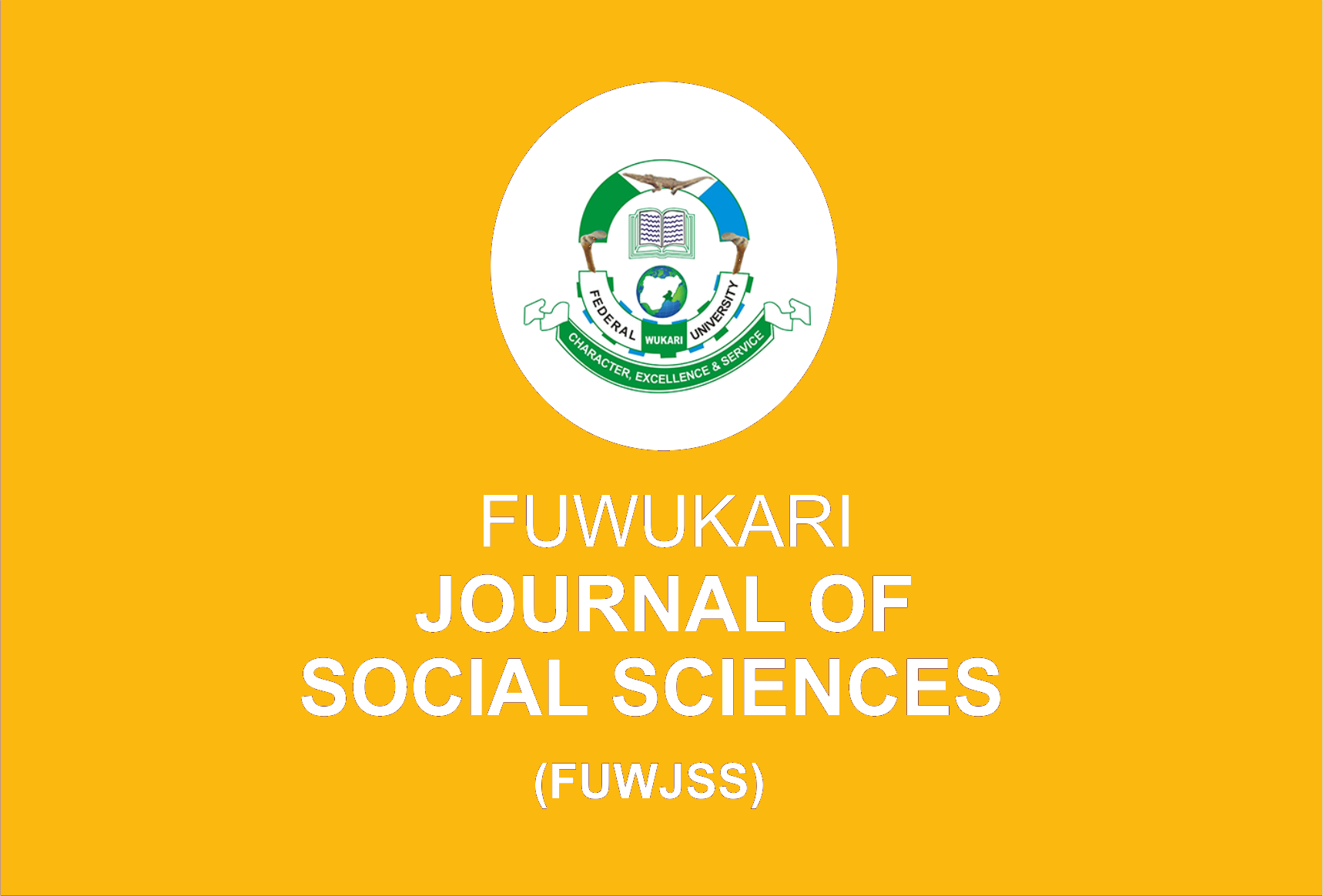Interrogating Primordialism And Modernism In Nationalism
Edita Muhammad Nma
Keywords: Primordialism, modernist, nationalism, ethnic conflicts, social justice
Abstract
This paper comparatively analyzed two competing theoretical assumptions in the field of nationalism: primordialism and modernist thoughts of nationalism. Primordialism simply argued that nations and national identities are naturally fixed and given, and that ethnic groups are often attributed by share consciousness, belongingness and sometime sentimental in order to achieve group’s interest and aspiration. In contrast, modernists argue that the rise of nations and national identities are product of historical revolution which nations undergo over the years. Historical revolution to modernists is rooted in industrialization and globalization. In interrogating these thoughts of nationalism, the paper’s findings reiterate that both industrialization and globalization have continued to form basis for global interconnectedness without eroding nationalist movements. Thus, nationalist struggles have remained the permanent features of both national and international societies over the years. The paper concludes that primordialist hostilities by ethnic groups toward each other form the prime factor for ethnic conflict in moder society. Likewise, modernists’ wind of globalization and economic disparities among nations is responsible for group’s conflicts in modern society. The paper recommends that social justice, negotiation, and federalism should be advocated as viable instruments for resolving ethnic
conflicts in modern society.
Author Biography
Edita Muhammad Nma
Department of Political Science
Ibrahim Badamasi babangida University,
Lapai, Niger State, Nigeria
[email protected], [email protected]
Edita Muhammad Nma
Keywords: Primordialism, modernist, nationalism, ethnic conflicts, social justice
Abstract
This paper comparatively analyzed two competing theoretical assumptions in the field of nationalism: primordialism and modernist thoughts of nationalism. Primordialism simply argued that nations and national identities are naturally fixed and given, and that ethnic groups are often attributed by share consciousness, belongingness and sometime sentimental in order to achieve group’s interest and aspiration. In contrast, modernists argue that the rise of nations and national identities are product of historical revolution which nations undergo over the years. Historical revolution to modernists is rooted in industrialization and globalization. In interrogating these thoughts of nationalism, the paper’s findings reiterate that both industrialization and globalization have continued to form basis for global interconnectedness without eroding nationalist movements. Thus, nationalist struggles have remained the permanent features of both national and international societies over the years. The paper concludes that primordialist hostilities by ethnic groups toward each other form the prime factor for ethnic conflict in moder society. Likewise, modernists’ wind of globalization and economic disparities among nations is responsible for group’s conflicts in modern society. The paper recommends that social justice, negotiation, and federalism should be advocated as viable instruments for resolving ethnic
conflicts in modern society.
Author Biography
Edita Muhammad Nma
Department of Political Science
Ibrahim Badamasi babangida University,
Lapai, Niger State, Nigeria

